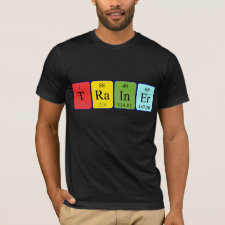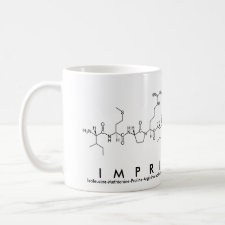
Authors: Wei YB, Zeng Q, Huang JZ, Guo XR, Wang LL, Wang LS
Article Title: Preparation of Gas-Responsive Imprinting Hydrogel and Their Gas-Driven Switchable Affinity for Target Protein Recognition.
Publication date: 2020
Journal: ACS Applied Materials & Interfaces
Volume: 12
Issue: (21)
Page numbers: 24363-24369.
DOI: 10.1021/acsami.0c05561
Abstract: Novel gas-responsive imprinting hydrogels were fabricated by combining N,N'-dimethylaminoethyl methacrylate gas-sensitive monomers, N,N'-methylenebis(acrylamide) cross-linkers, and human serum albumin (HSA) template proteins via a free radical polymerization. The hydrogel exhibited a reversible gas-responsive property upon N2/CO2 exchange. This result was supported by the evidences from hydrogen nuclear magnetic resonance spectroscopy and scanning electron microscopy. By applying this property to sensing application, a CO2-responsive imprinted biosensor was originally designed on the surface of a glassy carbon electrode. The biosensor exhibited unique self-clean and self-recognition properties toward HSA proteins based on reversible conformational changes driven by N2/CO2 stimuli. Moreover, the proposed imprinted biosensor favored HSA proteins by showing satisfactory sensitivity and selectivity and a wider detection range with a low detection limit. As a rare example in imprint sensing, the biosensor was successfully applied to the HSA extraction from complex serum samples. With gas stimuli, the whole process was efficient, controllable, and harmless to the proteins. Thus, the developed biosensor may provide a new prospect in molecularly imprinted sensing applications
Template and target information: protein, human serum albumin, HSA
Author keywords: stimuli-responsive polymers, molecular imprinting hydrogel, gas-responsive materials, protein recognition, biosensor



Join the Society for Molecular Imprinting

New items RSS feed
Sign-up for e-mail updates:
Choose between receiving an occasional newsletter or more frequent e-mail alerts.
Click here to go to the sign-up page.
Is your name elemental or peptidic? Enter your name and find out by clicking either of the buttons below!
Other products you may like:
 MIPdatabase
MIPdatabase









